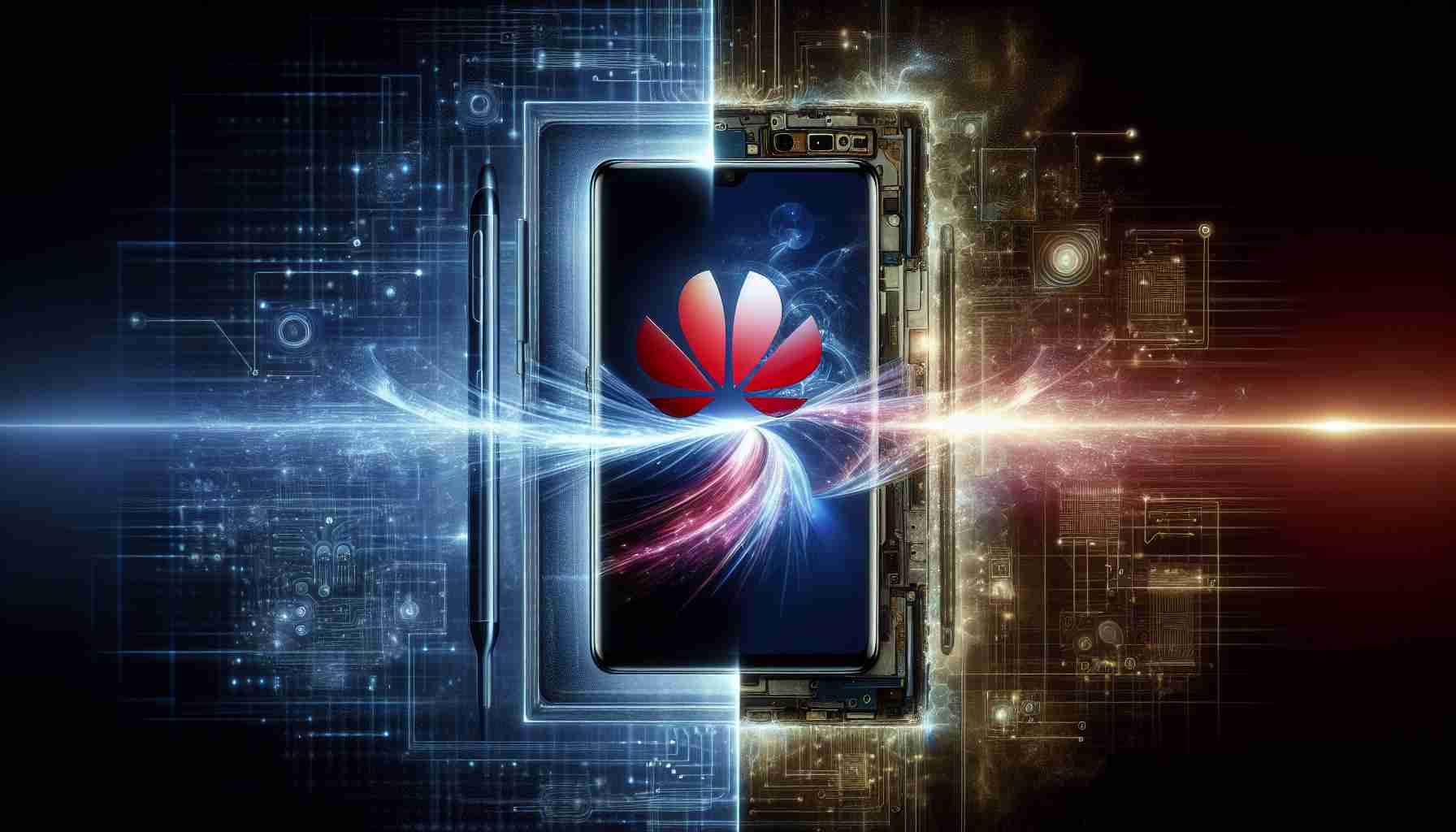Huawei, a prominent tech company from China, has been navigating turbulent waters due to sanctions that impacted its global operations. In response, the company has pivoted its focus towards bolstering its domestic portfolio and venturing into new territories like the automotive industry.
Instead of relying on traditional Android software, Huawei sought innovative solutions to circumvent the limitations imposed by the US sanctions. The introduction of HarmonyOS represented a bold move towards independence from Google, providing a platform that could run Android applications with the right toolkit.
As Huawei prepares for the next phase of its evolution, HarmonyOS NEXT emerges as a game-changer. This upcoming operating system is set to revolutionize Huawei’s mobile products by eliminating Android support entirely. By developing a robust ecosystem of apps tailored for HarmonyOS, Huawei aims to enhance performance and optimize battery efficiency.
The shift away from Android app support marks a significant milestone for Huawei, signaling the end of Android Auto on its future mobile devices. While the transition may pose challenges for users accustomed to Google services, Huawei’s commitment to developing alternatives like Petal Maps showcases their dedication to providing seamless experiences for customers.
A new chapter unfolds for Huawei as it steers towards a future defined by innovation and self-sufficiency, setting the stage for a transformative era in the realm of mobile technology.
Huawei’s Strategic Shift and Uncharted Territory in the Mobile Industry
As Huawei continues to navigate the aftermath of global sanctions, the company’s decision to shift away from Google towards HarmonyOS raises crucial questions about the future of mobile devices. One pressing issue is how Huawei plans to address the security concerns associated with operating systems. With Google’s Android known for robust security features, will HarmonyOS be able to provide a comparable level of protection for users’ data and privacy?
Another key challenge lies in the app ecosystem. While Huawei endeavors to build a comprehensive library of HarmonyOS-compatible applications, the transition away from Android support may pose difficulties for users accustomed to a wide range of apps available on the Google Play Store. How will Huawei persuade developers to prioritize creating apps for HarmonyOS to ensure a seamless user experience?
Furthermore, controversies may arise regarding the integration of HarmonyOS with other hardware and software components. Compatibility issues with third-party devices and services could hinder Huawei’s efforts to establish HarmonyOS as a viable alternative to existing mobile operating systems. How will Huawei address interoperability challenges and ensure a smooth integration of HarmonyOS across various devices and platforms?
Despite these challenges, Huawei stands to gain several advantages from its shift towards independence from Google. By reducing reliance on external software providers, Huawei gains more control over its product development cycle and can tailor its software to meet specific user needs. Additionally, with a focus on enhancing performance and battery efficiency through HarmonyOS, Huawei has the opportunity to differentiate its mobile devices in a competitive market.
On the other hand, the disadvantages of breaking away from Google’s ecosystem cannot be overlooked. Huawei’s decision to forgo Android app support may alienate a portion of its user base who rely heavily on Google services like Gmail, YouTube, and Google Maps. The lack of seamless integration with popular apps could deter potential customers from adopting HarmonyOS-powered devices, especially if alternative solutions offered by Huawei do not match the user experience provided by Google.
In conclusion, Huawei’s transition towards HarmonyOS signifies a bold move towards self-sufficiency and innovation in the mobile industry. While the path ahead may be fraught with challenges and uncertainties, Huawei’s commitment to developing a robust ecosystem for HarmonyOS reflects a determination to create a new era in mobile technology. As Huawei embarks on this transformative journey, the outcomes of this strategic shift are eagerly awaited by industry analysts and consumers alike.
For further insights into Huawei’s strategic decisions and the mobile industry landscape, visit huawei.com.

